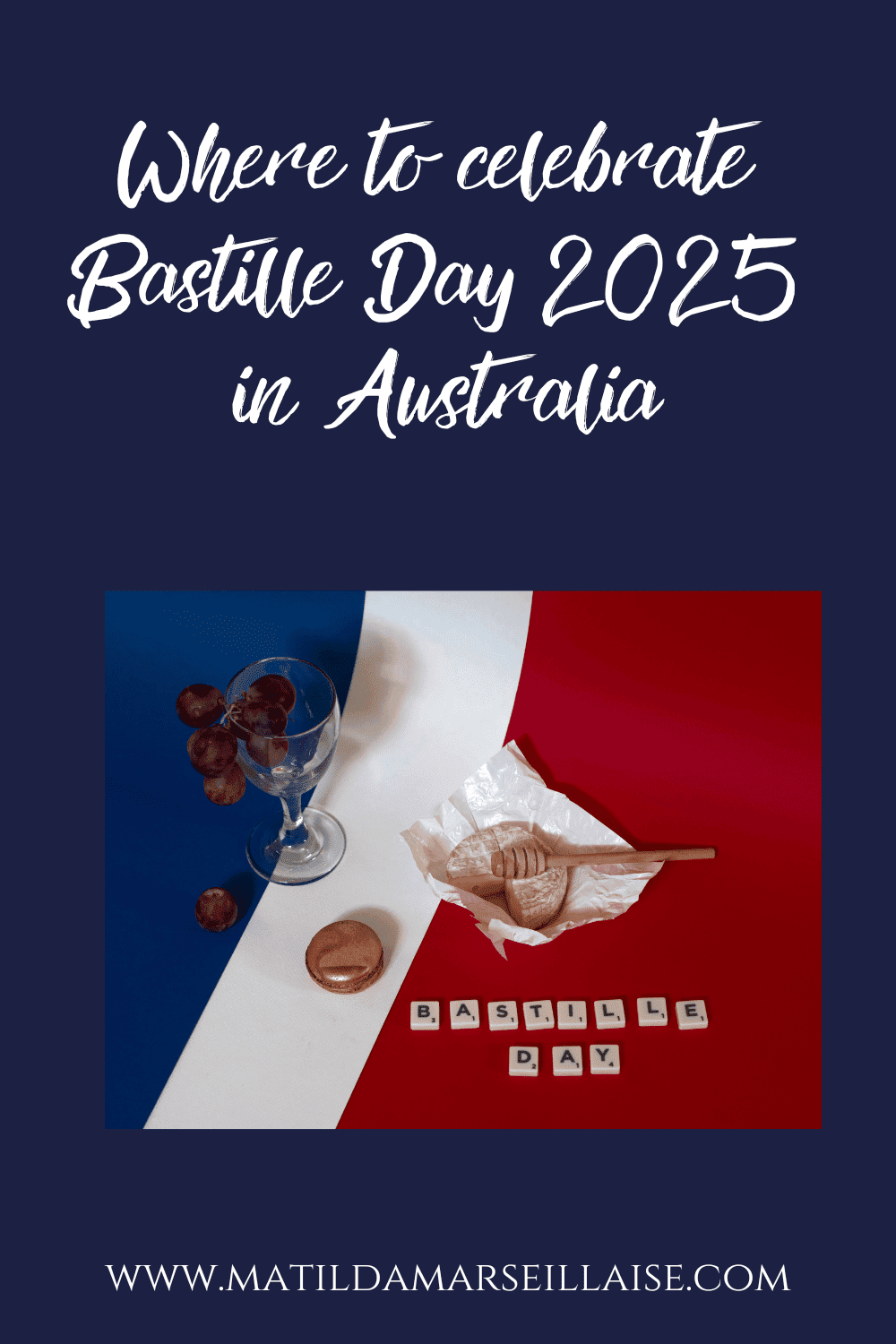Tomas Dalton is a tenor singing in the chorus of Opera Australia’s production of French opera, Carmen on Cockatoo Island. Directed by Liesel Badorrek, it is a modern interpretation of Carmen performed on the stunning Cockatoo Island in Sydney harbour. We chat with Tomas Dalton.

Tomas Dalton, you’re part of the chorus in the Opera Australia production of Carmen. Tell us about this opera and your role in the chorus.
Carmen is a busy evening for the chorus, there is a lot of marvellous music to sing, and the chorus is often present to participate in or comment on the action In this particular production, the chorus is almost always there.
The production is a very modern interpretation of Carmen. What are the elements that distinguish this production from others of Carmen?
I think that this production of Carmen is particularly unique because of its location. It’s the first time that an opera has been performed on Cockatoo Island, and the view is magnificent. The addition of fireworks, motorcycle stunts and incredible dancing and singing makes this event very special.

What is director Liesel Badorrek’s vision for Carmen? How does her methodology differ from other directors with whom you’ve worked?
For Liesel, I think that Carmen is the story of a woman who wants to live freely and live by her own rules. The world we depict is one of misfits, rebels and outcasts; Suzie Quatro was a source of inspiration for the rock style of this production. (I think French audiences may also remember the spirit of the soixante-huitards) [Those who took part in, or otherwise supported, the civil unrest in France in May 1968].
Liesel came to the rehearsals with so much knowledge and preparation, while simultaneously working in a very collaborative style. She has very clear ideas and is also interested in the performers’ ideas. As an artist, it’s a perfect balance. It also helps that she is very easy-going and a very funny and dynamic person.
This production of Carmen will take place outdoors on Cockatoo Island in Sydney. What are the challenges of singing outdoors?
Opera is typically an acoustic art form, and we have been learning for many years to sing in a theatre without amplification. Of course, to sing outdoors in such a large space, it is necessary to use amplification, so it is an unusual experience for an opera singer. However, the technique is the same, you have to trust the usual feeling of singing, and trust the sound technicians to transmit it to the audience.
We are also praying for good weather.
What sort of audience is this opera for?
This opera is for the enthusiast and the beginner alike. The exuberant staging and performance make it accessible to all, and the truly world-class singing is a treat for connoisseurs.
Do you think that the fact that it is a modern interpretation and that it is performed outside will bring a younger audience to the opera?
I hope so! Through my work with Opera Australia, I have shown many friends their first opera. Each time, they are amazed and delighted to love it so much. This opera is able to appeal to a wide range of sensibilities. I also think that the outdoor setting will be familiar to those who are used to music festivals.

How many people will be singing with you in the chorus?
There are forty-six singers in the choir. Each of them is a great artist, and I have the privilege of calling them my colleagues.
You have also sung in various tenor roles for Opera Australia, including French opera La Juive earlier this year. Is it difficult not to stand out more than others when you go from solo to chorus?
You approach singing in chorus or solo a little differently, but the fundamentals are the same. For example, the blend and sensitivity that a chorister needs are the same for a soloist singing a duet, trio or quartet. If one has a solid technique and a well-developed musicality it is possible to move from one to the other.
During our Carmen season I will also be understudying Rodolfo for some rehearsals of La Bohème. This will require careful management of stamina and energy, but this is also true of my fellow choristers who often perform up to four operas at the same time.
How long have you been singing? What made you choose singing as a profession? And why did you choose opera as a genre?
I think I was like a lot of singers, and I’ve always sung since I was little. My parents understood that I liked to make music and they allowed me to study piano and sing in children’s choirs.
The decision to sing opera came later. I began studying piano in college, but had sung in musicals in school and always loved to sing. It was when I participated in a student opera at uni directed by the late Richard Gill that I realised that opera was the only choice for me.
There is something transcendent about opera. It is the truest, most human emotion, but set to sublime music sung by Olympian voices. I love the idea of speaking directly to someone in the audience’s soul and making their day better.

Image: Opera Australia
You studied music at the Melbourne Conservatorium of Music and in Italy as a recipient of the Acclaim Awards Italian Opera Scholarship and the Johnson Bequest. Tell us a little about your experience studying in Italy, do you speak Italian?
It was fantastic to study in the birthplace of opera. Of course, in Australia we have a very vibrant arts scene, but opera is such an integral part of the cultural life there. One restaurant owner even told me “it’s in our blood“.
I was very lucky to find a great teacher who helped me a lot with my voice, and of course to have the chance to study and practice Italian every day. I’m not saying I speak it perfectly, but I am very grateful to be able to converse in Italian. Just like French, it is a great help with singing.
We are doing this interview in French, you studied in Italy, do you speak other languages?
I think that even though I speak French and Italian quite well, I do have a touch of other languages. Of course, German is another important opera language. I studied how to pronounce it and sing it, and I can understand it a little and have very simple conversations.
I think it’s polite to learn a few phrases of the language whenever you travel. So I can order coffee and ask for directions in Greek and one or two other languages. But I absolutely cannot read the Greek alphabet!
How did you become a Francophone?
I was very lucky to have inspiring and knowledgeable teachers at school. Thanks to them, I realised how much better you can appreciate a culture when you understand its language. They inspired me to continue to study French in parallel with my music studies at the university. And of course to travel at every opportunity – the greatest language teacher of all! The challenge is to find the opportunity to practice so that it stays in the mind.

Photo Credit: Rhiannon Hopley
You have toured Australia, Germany, Denmark and France as a soloist with the Australian Chamber Choir. Tell us about your experience touring Europe with the ACC.
Doing this type of performance is a great experience, but it’s also like an endurance sport. You arrive in a new city almost every day for another concert. You have to have endurance and discipline. I’ve also been lucky to have so many friends in the choir because we spent almost every moment together for several weeks.
It was a great gift to be able to see so many beautiful cities, even briefly, and to share some of the most beautiful music with a very appreciative audience.
Do you have a ritual before you go on stage?
I don’t have any superstitions before I perform, but I always like to warm up my voice with the same exercises. The most important preparation is well before the premiere; learning, studying, and rehearsing. It’s a wonderful feeling to trust your preparation and surrender to the music and the character.
It is also important to do fairly mundane things like sleeping well, staying hydrated, etc.
What is your favorite opera to sing?
Recently, I had the opportunity to sing Alfredo in La Traviata for the first time. I learned on the morning of the premiere that the tenor was ill. It was an exhilarating experience that would be difficult to match.
What is your favorite opera to watch or listen to?
It changes so often. Sometimes I listen for pleasure, sometimes to learn. I might listen to the same aria sung by ten different singers to understand how they solve a problem of technique or music.
Almost all the operas in the repertoire speak to my soul, but I am particularly touched by the works of Gounod and Puccini.
What are the challenges of singing in a language that is not your own?
There are many, but for every challenge there is a great reward. Of course, one has to be convincing to native listeners, and we are very lucky to have Nicole Dorigo, our wonderful language coach for Carmen. Not only the pronunciation of the words, but you also have to consider the rhythm and cadence of the language, especially in Carmen where there is also dialogue.
You have to understand the words to give a believable characterisation. A dictionary can be enough, but I find a sense of freedom in having my own understanding of a language. I can be much more spontaneous and intuitive in the rehearsal room.
Do you think that being French-speaking helps you sing operatic languages like Italian better?
I think learning French has given me the confidence to try other operatic languages without fear.
French and Italian are both very well suited to beautiful singing, although they do have their differences. The task of the singer is to integrate these differences into a consistent and coherent vocal technique while respecting the language of the composer.
Do you have a dream opera that you want to perform? And also, a dream venue in which you dream of performing?
I hope one day to play the roles of Faust and Werther. Two troubled and fascinating men, each gifted by their composers with truly sublime music.
I feel I should probably say in a French interview that I would love to sing at the Garnier Opera!
Why should people see Carmen on Cockataoo Island?
Come hear some wonderful music and have a fun, fabulous and truly unique evening!
—
We thank Tomas Dalton for this wonderful interview.
—
KEY INFO FOR CARMEN ON COCKATOO ISLAND
WHAT: French opera Carmen
WHERE: Cockatoo Island, Sydney
WHEN: 7:30pm from 25 November to 18 December (except Mondays)
HOW: Purchase your tickets via the Opera Australia website
HOW MUCH:
Adults from $79 for B Reserve to $149 for Premium Reserve (+ $9.80 booking fee)
Ferry tickets to and from Cockatoo Island can be booked separately when you purchase performance tickets
—
Have you seen a performance of Carmen before? Or an outdoors performance of opera?
For other events related to France, the French language or the Francophonie, click here.
If you’re interested in opera, you may like to read some of our other interviews:
Opera Australia’s La Traviata takes you to Paris
French opera La Juive is currently on in Sydney
See Elena Gabouri in the Opera Australia’s Aida in Sydney and Brisbane
French opera The Pearl Fishers on in Adelaide from this week.
Franck Evin, lighting designer, chats to us about The Golden Cockerel




